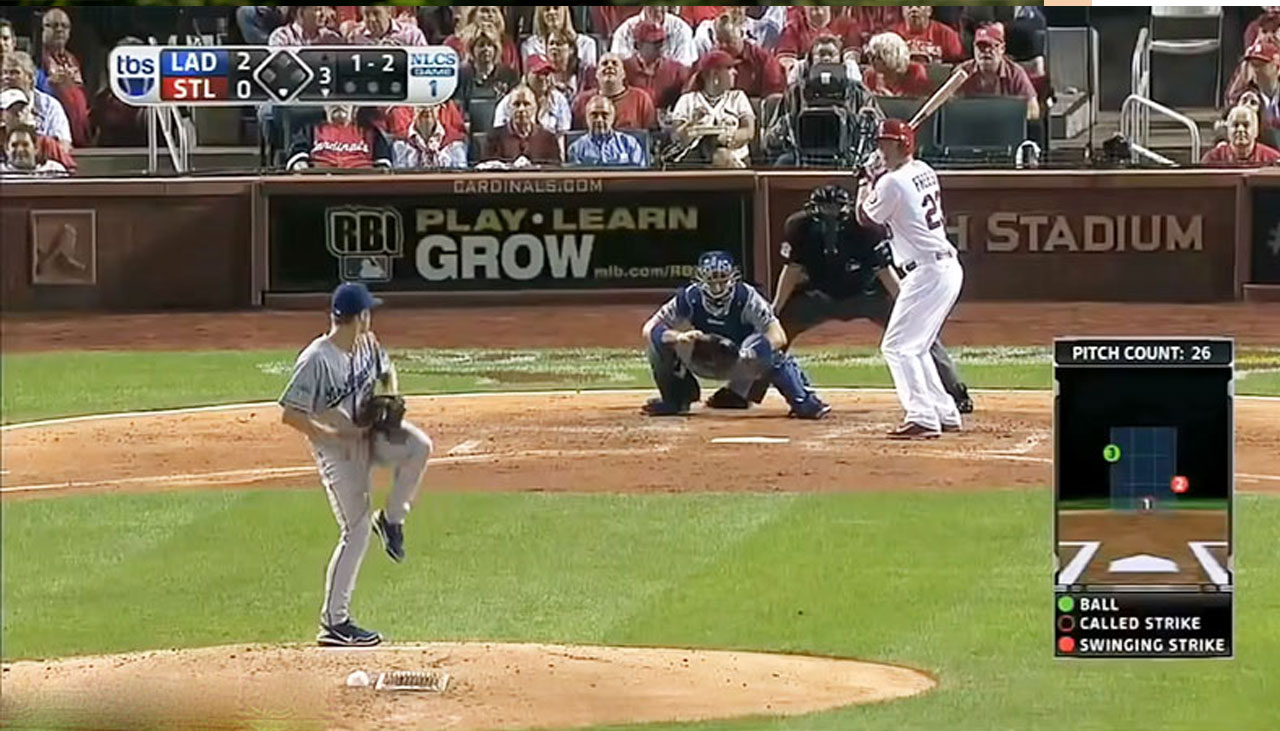Baseball is not only a physical game but also a mental one. Playing 1st base requires a high level of mental acuity to make split-second decisions, stay focused, and react to various game situations. In this guide, we’ll delve into the mental aspects of playing 1st base in baseball, focusing on maintaining concentration, situational awareness, and making sound decisions on the field.
1. Staying Focused
Maintaining unwavering focus is crucial for a 1st baseman. Here are some tips to help you stay locked in mentally:
a. Embrace Each Pitch
- Understand that every pitch is an opportunity for action. Whether it’s a ground ball to you or a potential pick-off play, be fully engaged and ready to react.
b. Block Out Distractions
- Baseball games can be noisy and chaotic. Learn to block out crowd noise, opposing chatter, and other distractions to maintain your concentration.
c. Develop a Routine
- Create a pre-pitch routine that helps you stay focused. This could include resetting your stance or visualizing potential plays.
d. Stay Positive
- Maintain a positive mindset. A strong mental game involves believing in your abilities and focusing on success rather than fearing failure.
2. Situational Awareness
Being aware of the game situation and anticipating potential plays is vital for a 1st baseman:
a. Know the Game Situation
- Be aware of the score, inning, number of outs, and base runners at all times. This information will help you make smart decisions.
b. Anticipate Plays
- Develop the ability to anticipate plays before they happen. Consider where the ball might be hit and what you need to do in response.
c. Communication
- Stay in constant communication with your teammates, particularly the pitcher and middle infielders. Discuss defensive alignments and potential strategies.
d. Adjust to Field Conditions
- Consider the condition of the field, weather, and lighting when positioning yourself. Adjust your readiness accordingly.
3. Quick Decision-Making

1st base often involves split-second decisions. Sharpen your decision-making skills with these tips:
a. Prioritize Safety
- When deciding whether to make a play or not, prioritize safety. If there’s any doubt, it’s often better to secure the out at 1st base rather than risk an error.
b. Understand the Runner
- Evaluate the speed and tendencies of the runner approaching 1st base. This knowledge can influence your decision on how to handle the play.
c. Assess the Throw
- Quickly assess the quality of the throw. If it’s on target and catchable, make the play. If not, focus on preventing runners from advancing.
d. Be Decisive
- Once you’ve made a decision, commit to it fully. Hesitation can lead to errors and missed opportunities.
4. Handling Pressure Situations
Pressure situations are part of the game. Here’s how to manage them:
a. Control Your Breathing
- Deep, controlled breathing can help reduce anxiety and keep you calm under pressure.
b. Visualization
- Use visualization techniques to mentally rehearse plays and anticipate success in pressure situations.
c. Focus on the Present
- Concentrate on the task at hand, not the potential outcomes or consequences. Focus on making the play.
d. Learn from Mistakes
- Accept that mistakes happen. Use them as learning opportunities rather than dwelling on them.
Conclusion
Playing 1st base in baseball demands more than physical skills; it requires a strong mental game. The ability to stay focused, maintain situational awareness, and make quick, sound decisions on the field is what sets great 1st basemen apart. By honing your mental skills through practice, concentration, and a positive mindset, you’ll not only excel at 1st base but also contribute significantly to your team’s overall success. Embrace the mental aspects of the game, and you’ll become a valuable asset on the baseball diamond.
